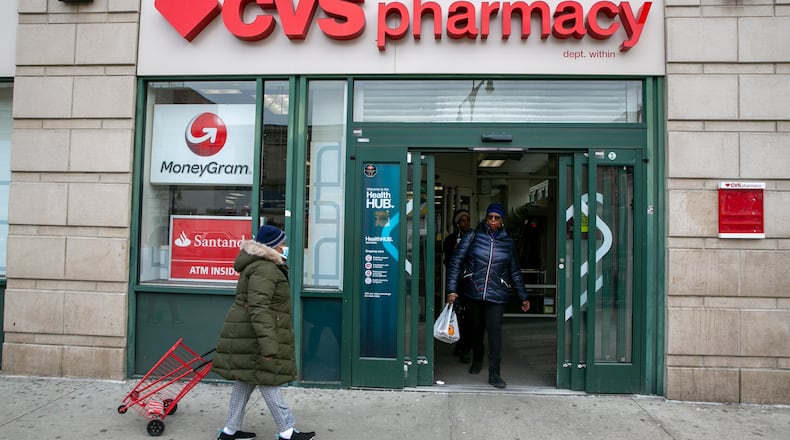Star Parker’s Tuesday column was somewhat misleading. Parker compared household incomes among White, Black and Hispanic Americans. However she failed to add one other category and that being “non-Hispanic White” which means they identify as White alone. According to a U.S. Census Bureau report released in September, the median income in that group rose 5.7% in 2023 to $89,050; the other groups stayed virtually the same. Still higher than Black or Hispanic Americans but also the majority of families overall. The idea Parker writes about is what I disagree with. It seems that she espouses that folks should be able to opt out of paying the tax for Social Security in order to invest the dollars and end up with more money at retirement. That’s all well and good but what happens with the people that invest unwisely or cannot invest because they need the money now and end up no income at retirement? Certainly we could not just say “Too bad”! So as usual, when it comes to Social Security, it is so easy to identify the problems — but solutions? Not so easy.
- Jack Rowlands, Englewood
